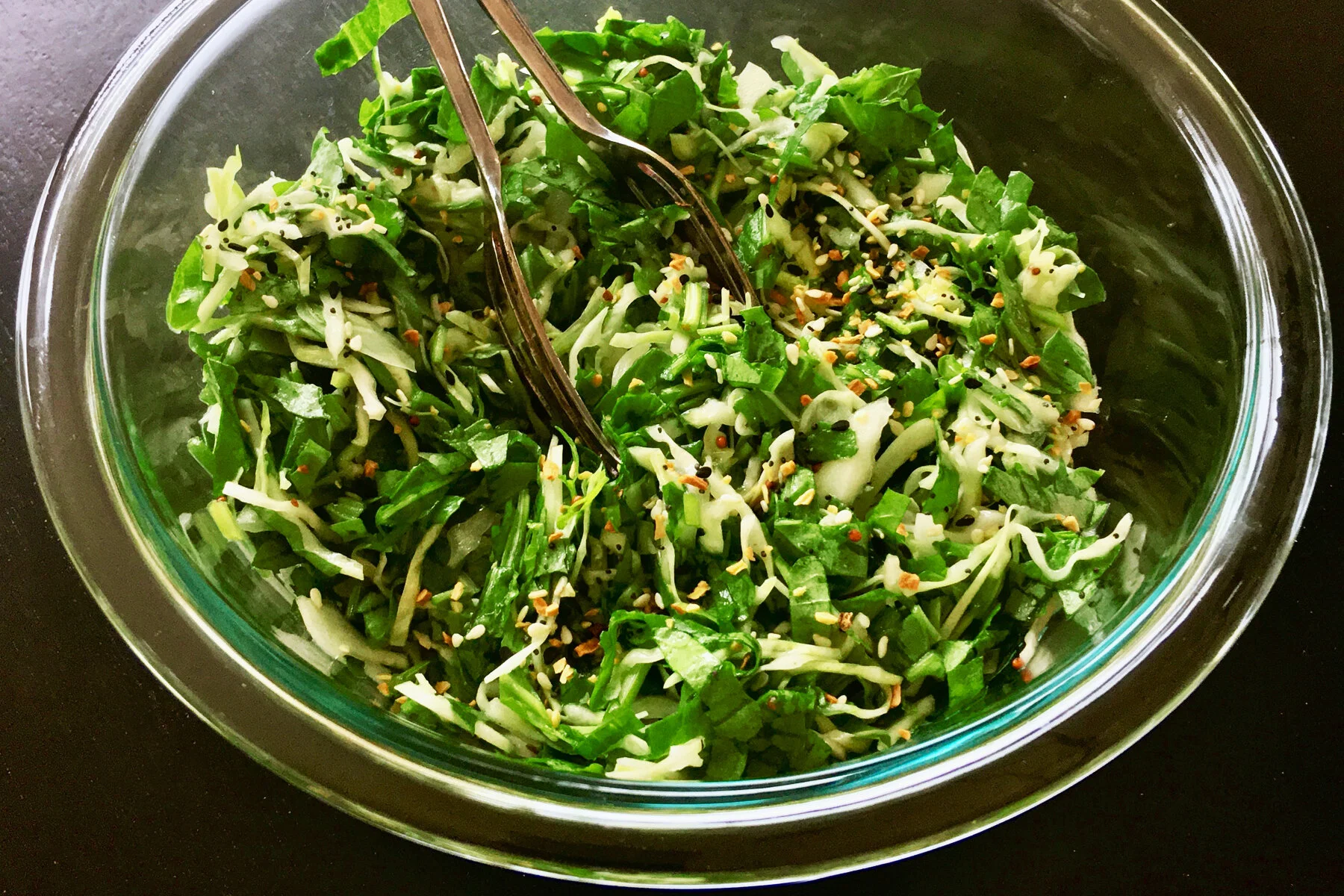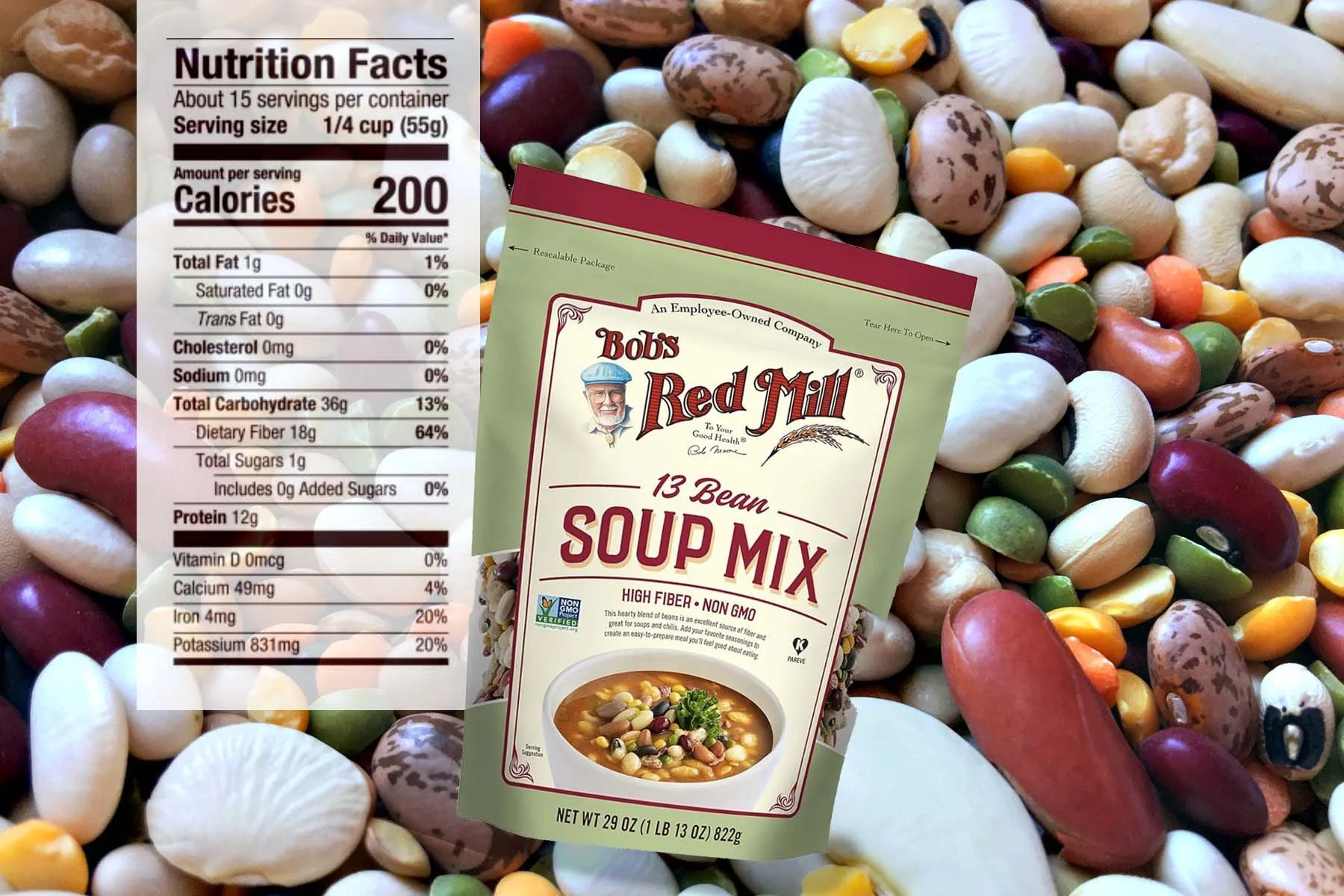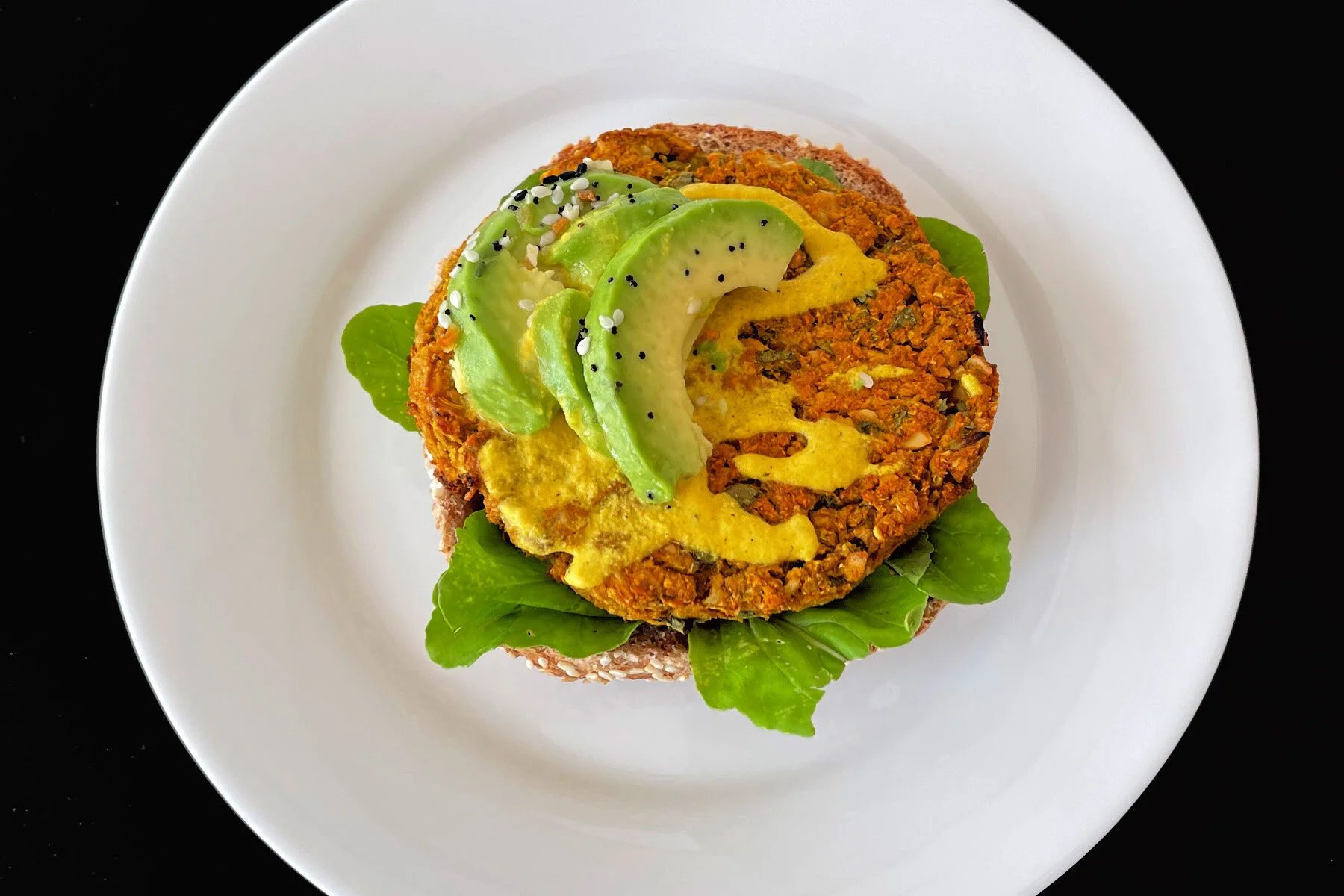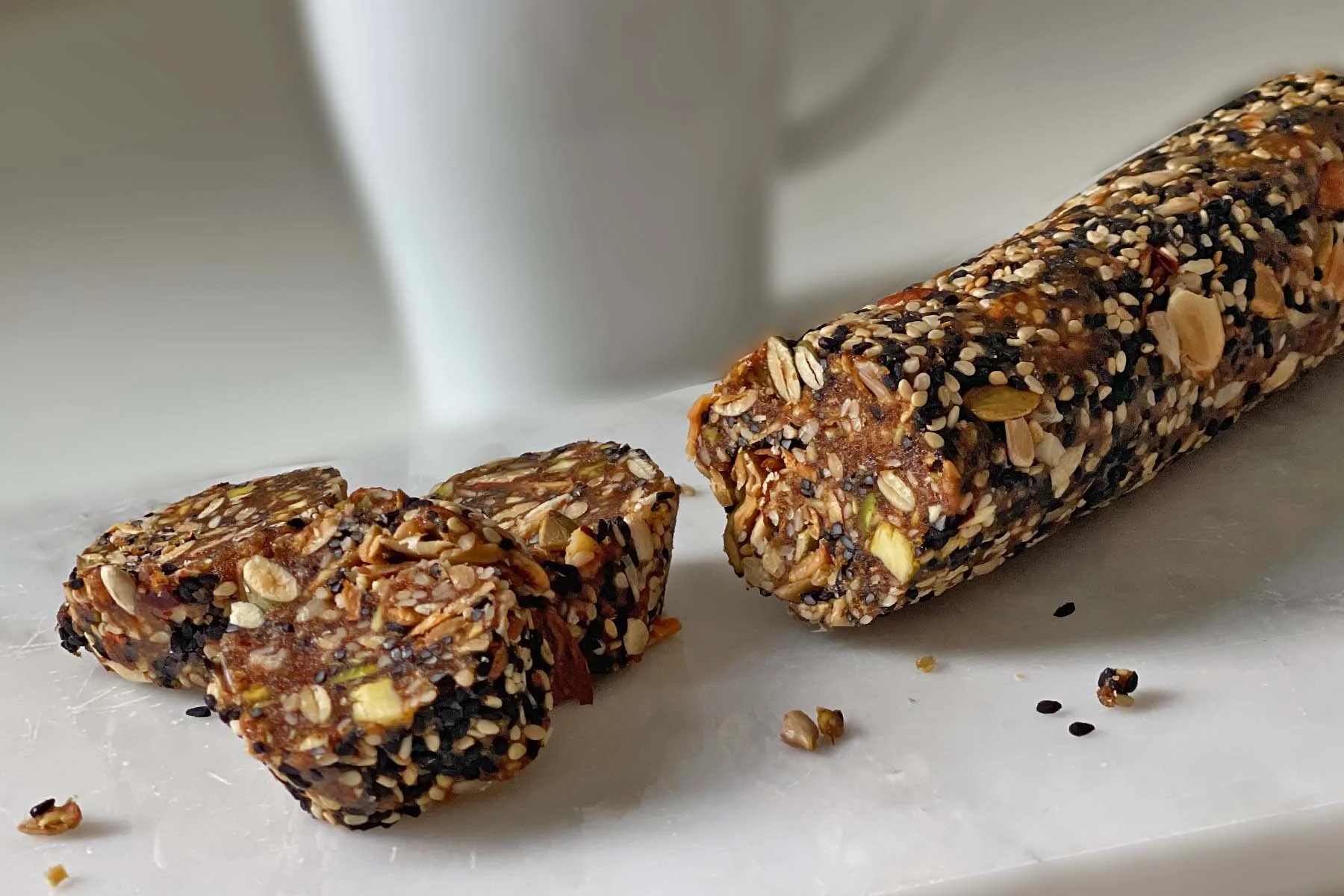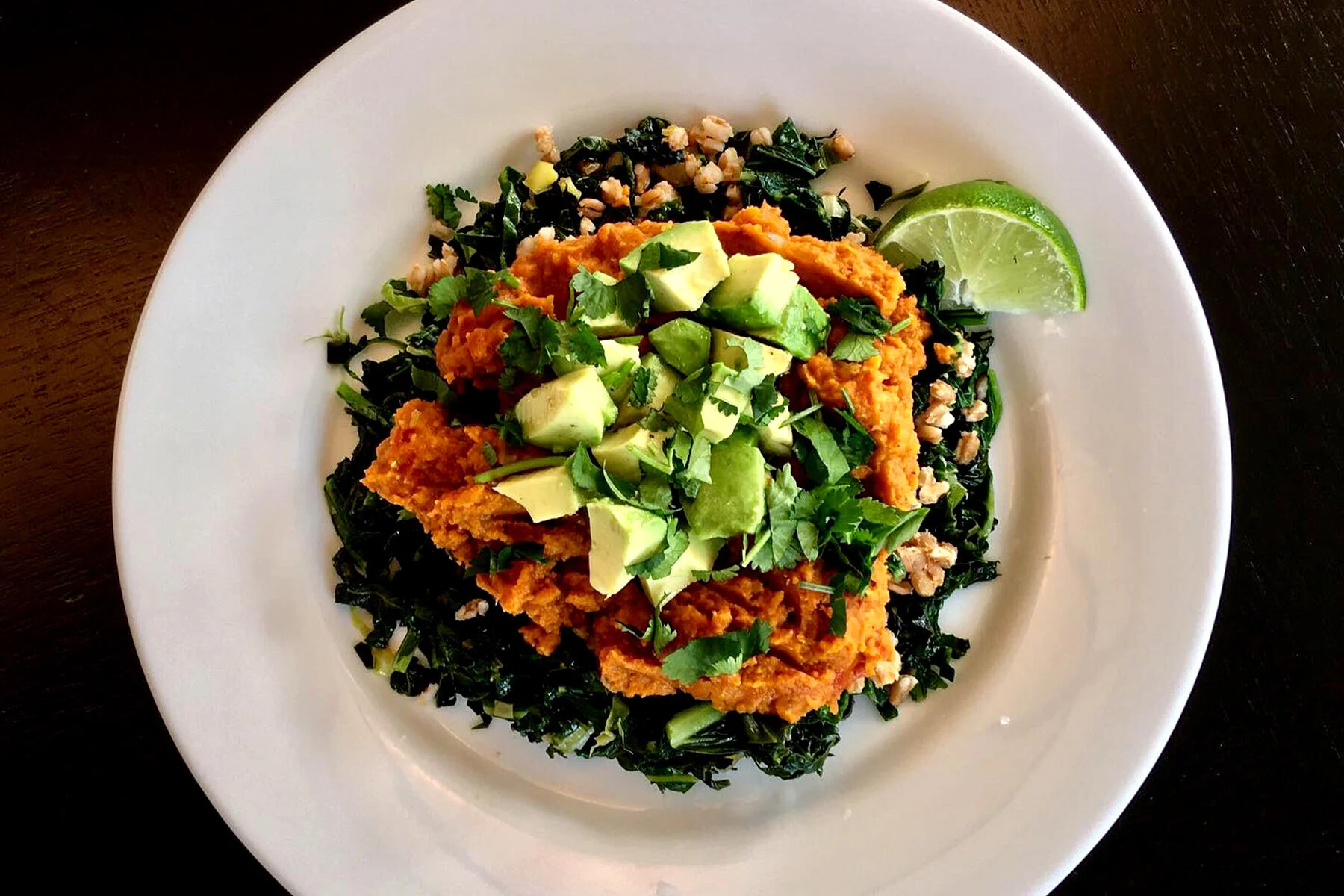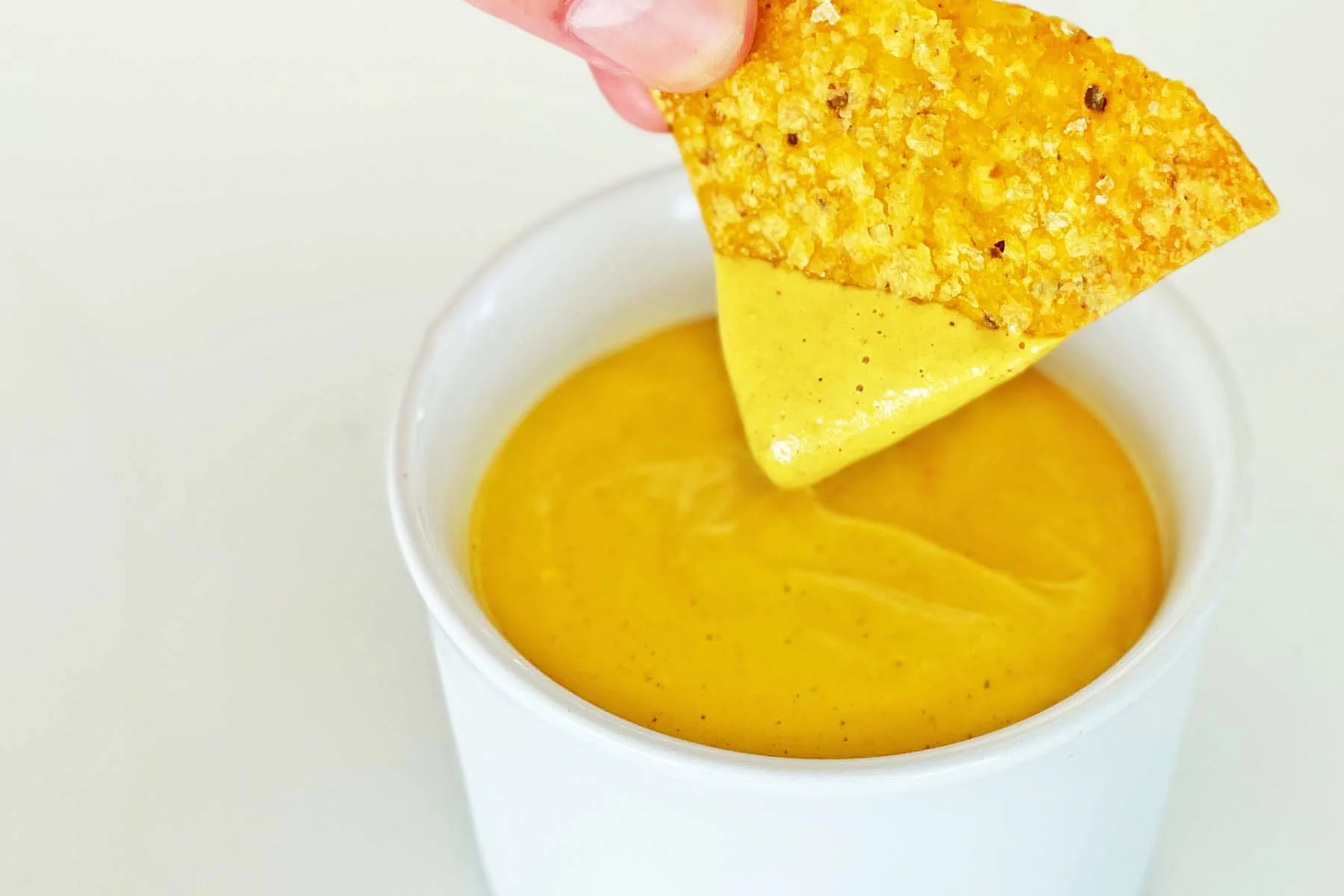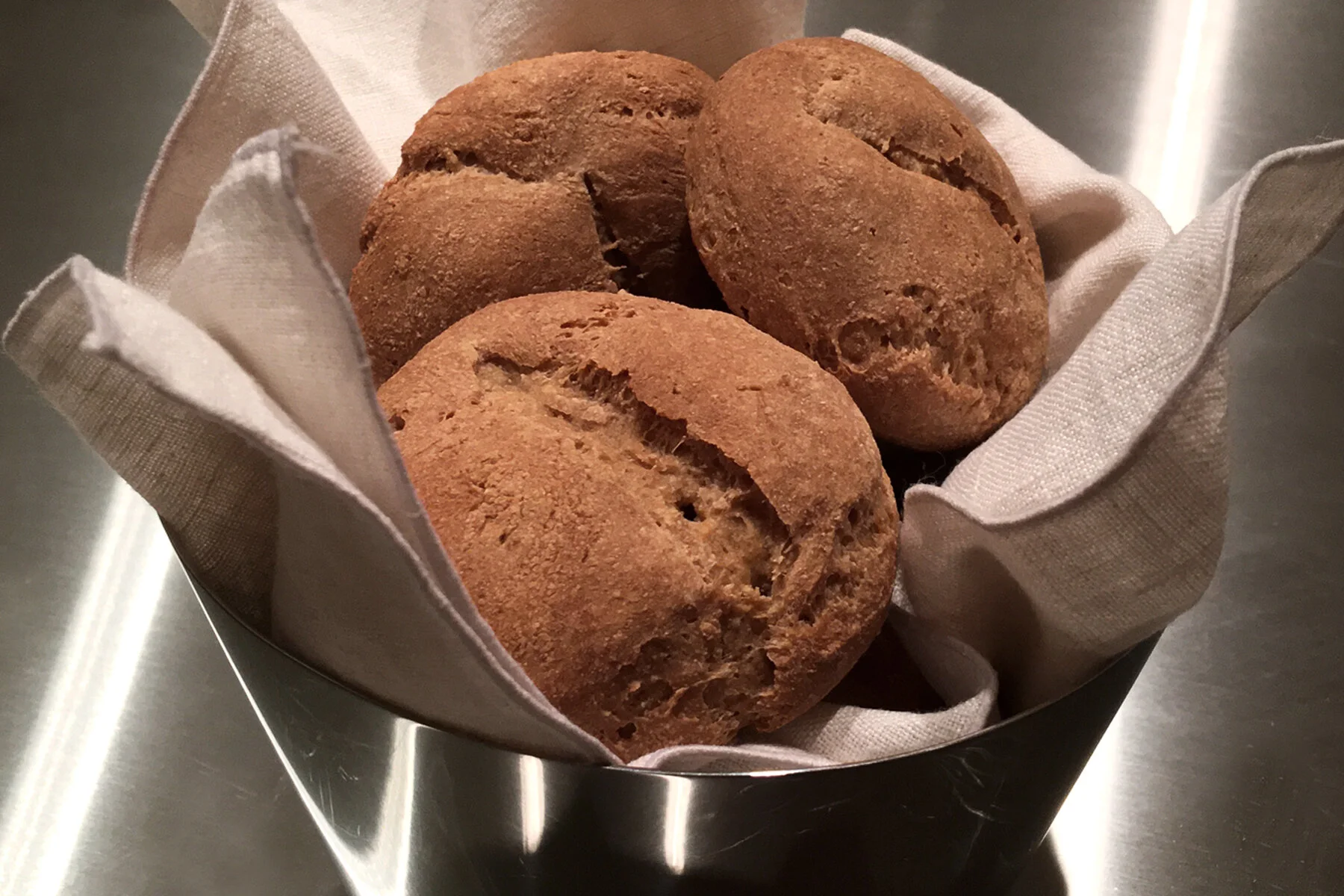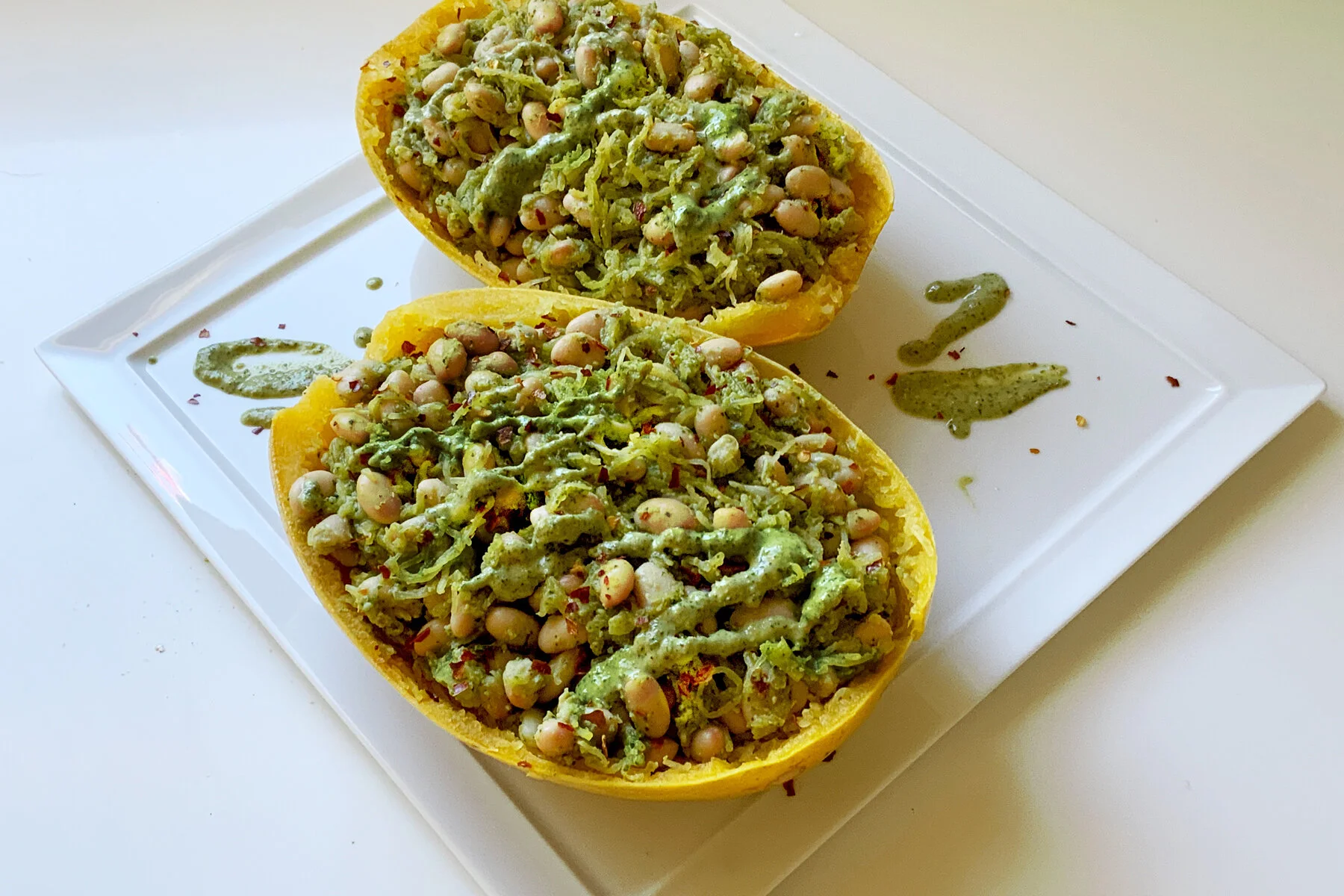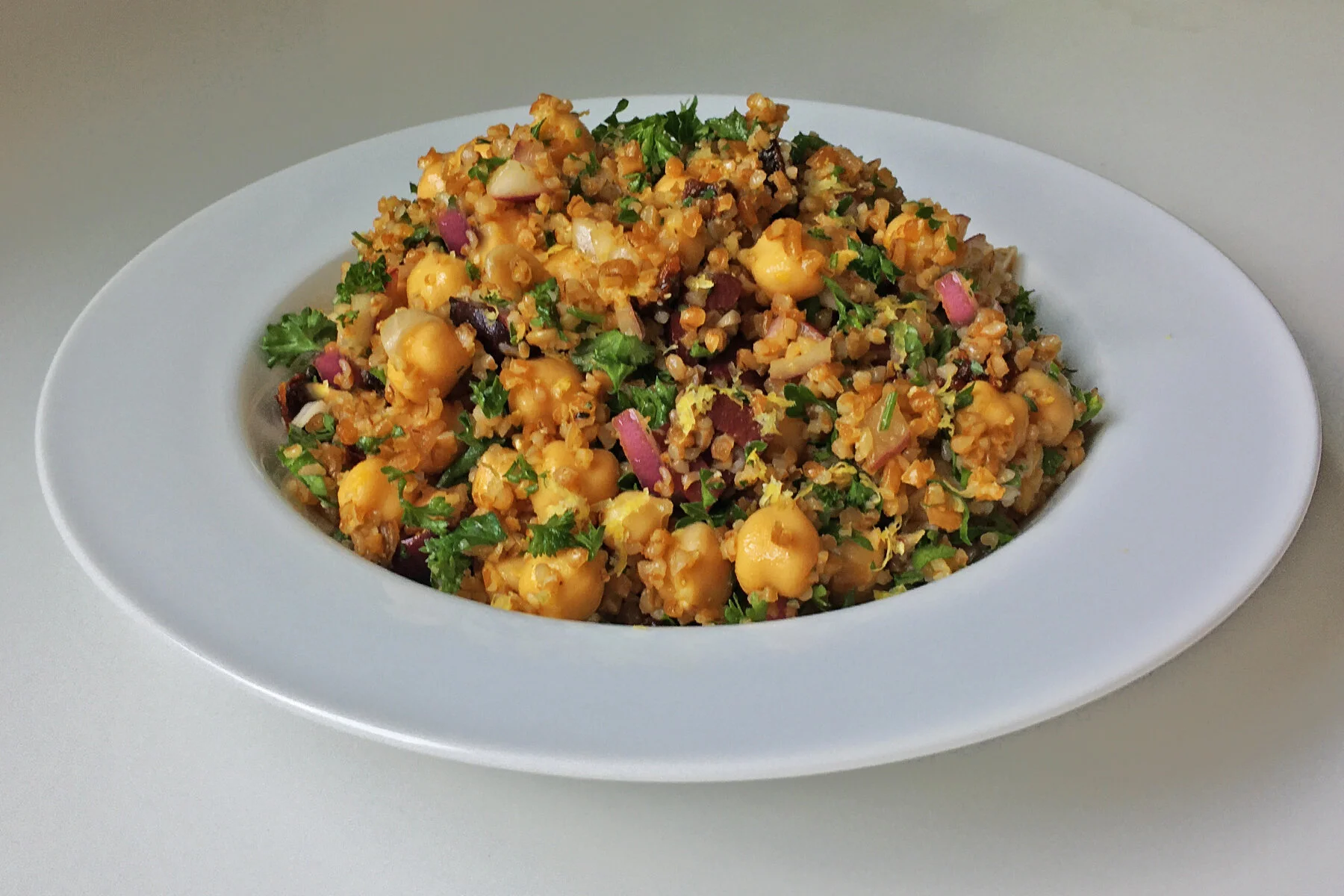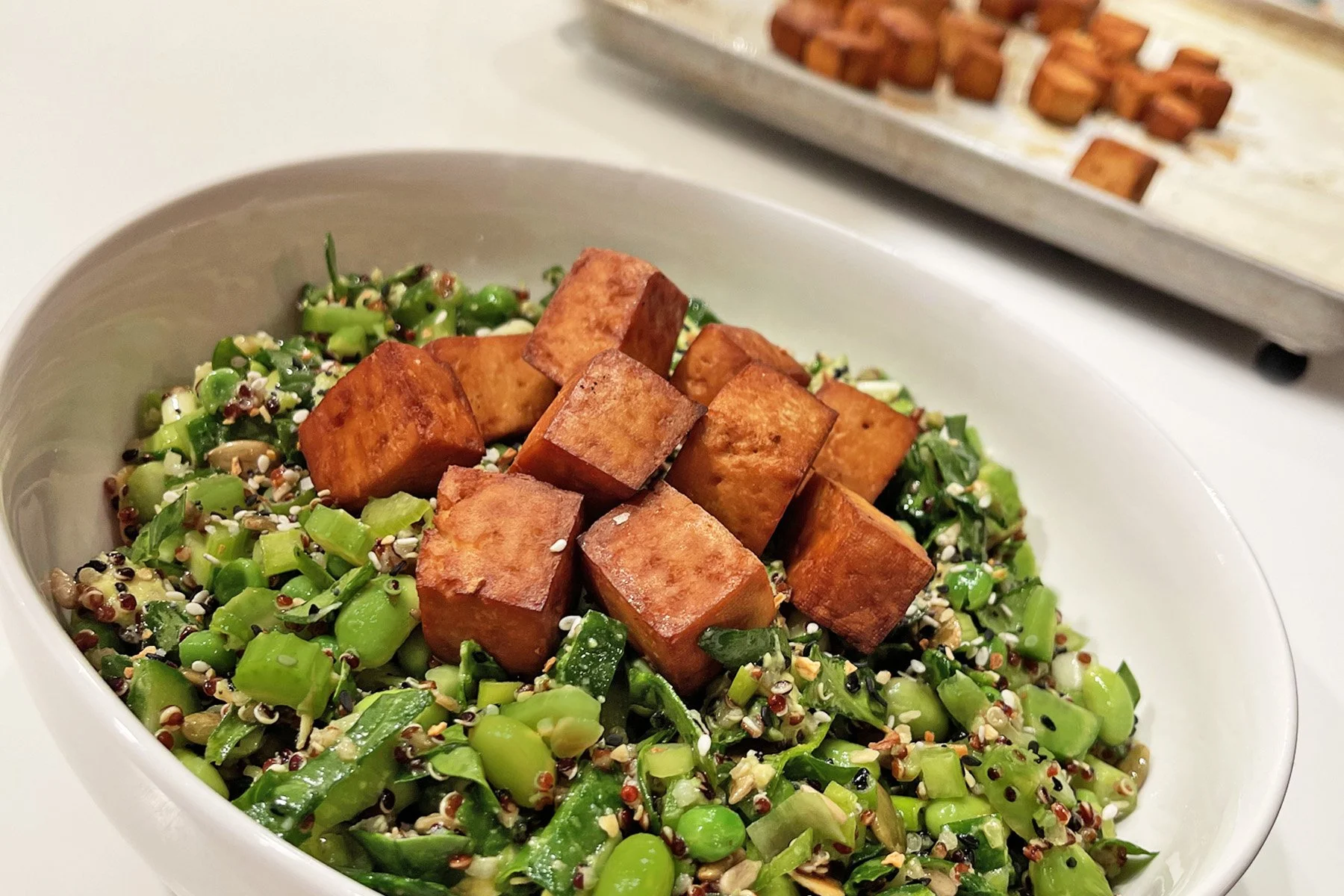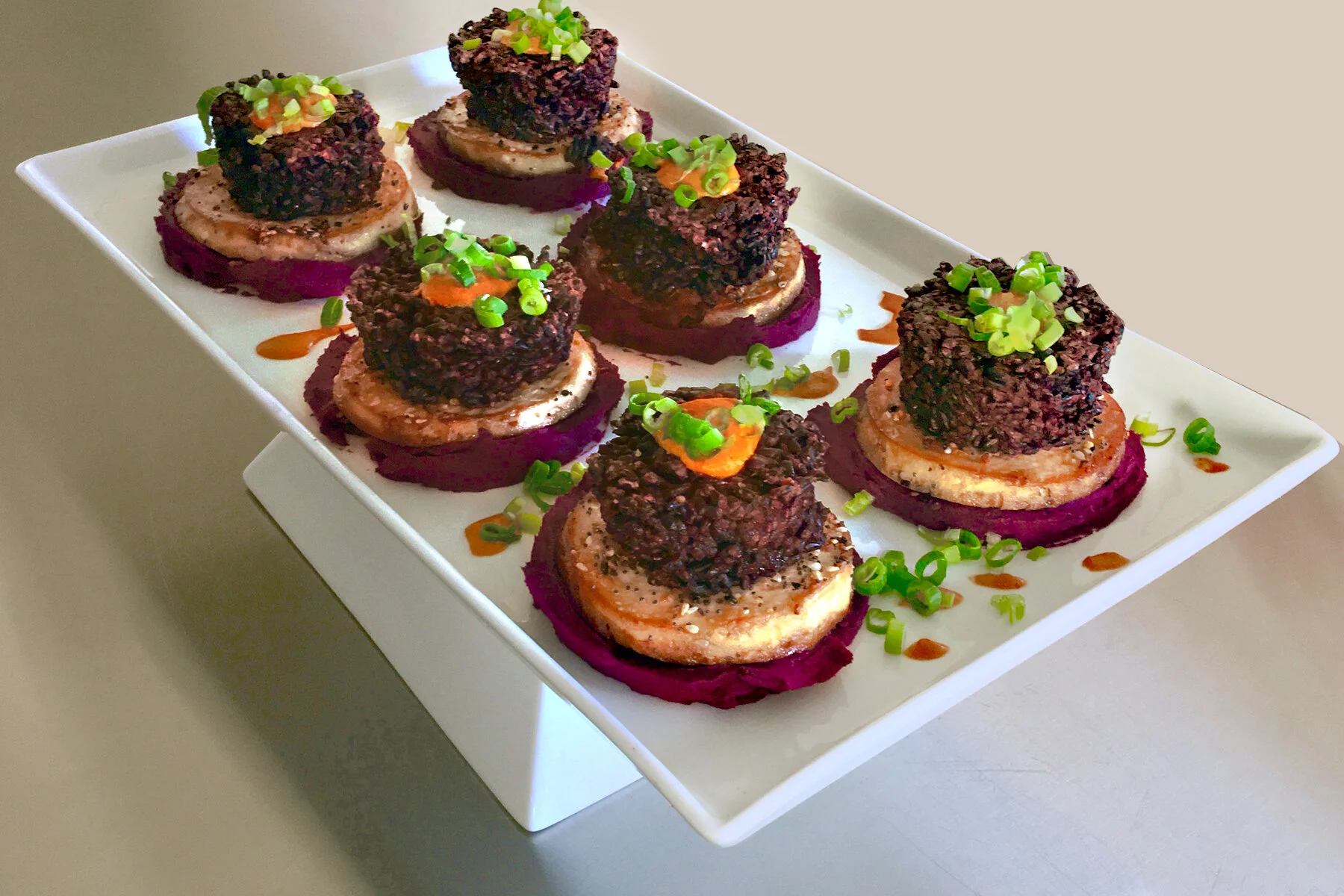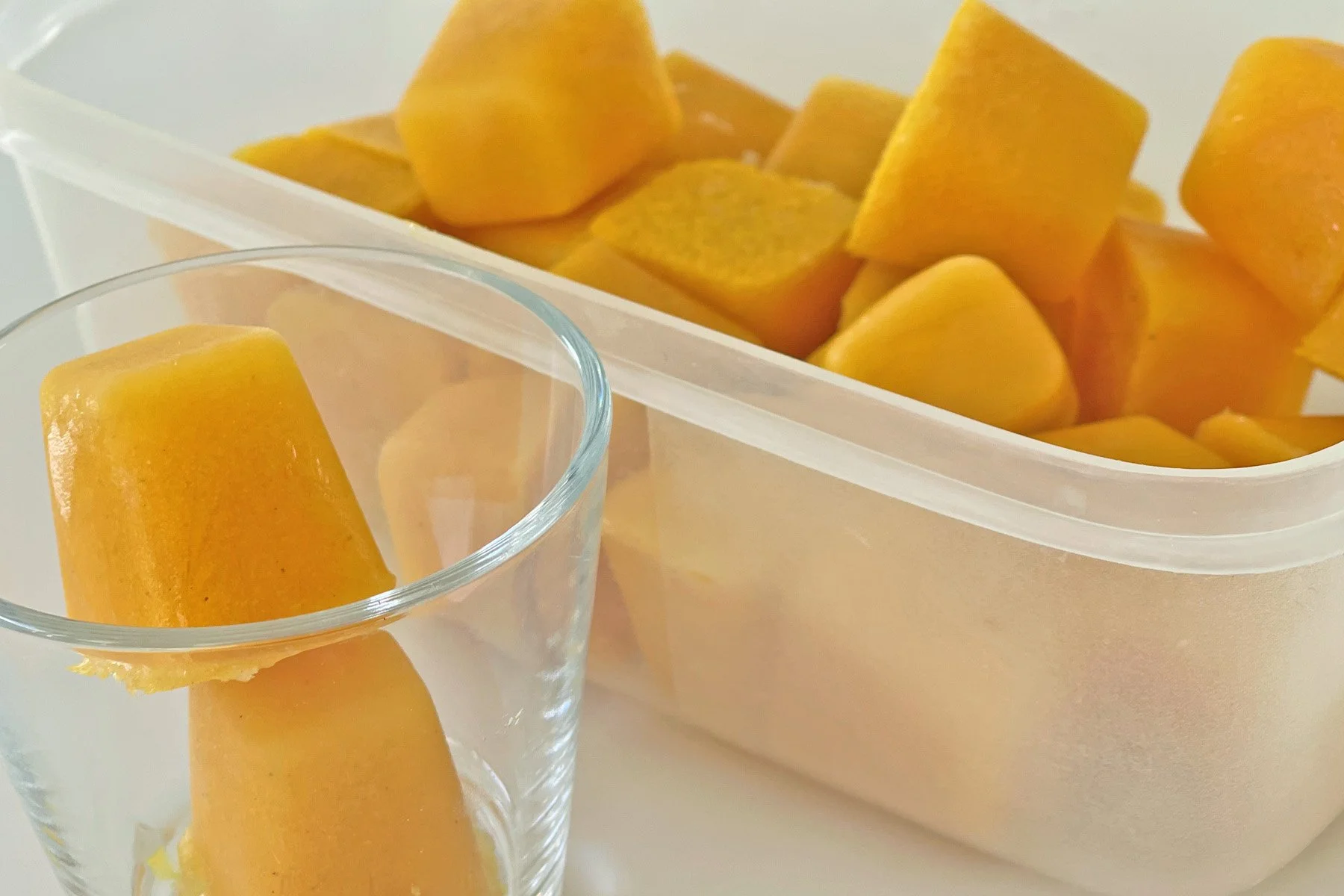Healthiest, crunchiest delicious addition to almost anything!
Easy Steps
Soak 2 Tbs seeds in the 2 jars that come in the kit * in cold water overnight
Then rinse well under cold water 3 times and shake off any excess water and let stand (do not put in direct sunlight)
Repeat the rinsing 2x a day (every 12 hours)
The sprouts should be ready in about 4-5 days, depending on your choice of sprouts.
Remove the sprouts from the jars, place in a colander and rinse under cold water a few times and remove some of the unsprouted seeds (they usually float to the top)
Place on a clean towel and let the sprouts dry
Once dry place them in an air tight container- I layer them between paper towels - and put in the fridge
They last about 5+ days, but you might just eat them before!
They are great on a salad or on avocado (or other) sandwiches
Enjoy
Notes
Why Choose Sprouts Over Full Vegetables
Sprouts offer several unique advantages over their fully-grown counterparts:
Higher nutrient density - During germination, the seed’s stored nutrients transform into their most bioavailable forms, resulting in significantly higher concentrations of vitamins, minerals, and antioxidants per calorie compared to mature vegetables.
Enhanced enzyme activity - Sprouts contain elevated levels of active enzymes that aid digestion and metabolism, which are often deactivated during cooking of full vegetables.
Better digestibility - The sprouting process breaks down complex carbohydrates making nutrients more bioavailable and easier for your body to absorb.
Year-round accessibility - You can easily grow sprouts at home regardless of season, providing fresh produce even when certain vegetables aren’t in season.
Cost effectiveness - Growing sprouts from seeds yields a much higher volume of food per dollar spent compared to purchasing full vegetables.
Top Five Healthiest Sprouts
Broccoli sprouts - Contain exceptionally high levels of sulforaphane, a potent anticancer compound with up to 100 times more than mature broccoli, along with significant amounts of vitamins A, C, and K.
Mung bean sprouts - Rich in protein, fiber, vitamins C and K, folate, iron, and antioxidants while being exceptionally easy to digest.
Alfalfa sprouts - Provide an excellent source of vitamins K and C, folate, and saponins that help lower cholesterol, plus contain phytoestrogens that may support hormonal balance.
Sunflower sprouts - Packed with protein, healthy fats, essential amino acids, vitamins B and E, selenium, and zinc, offering complete nutrition in a small package.
Radish sprouts - Deliver a powerful combination of vitamins A, B, C, E, and K, along with calcium, iron, and antioxidants, plus contain isothiocyanates that support detoxification processes.







